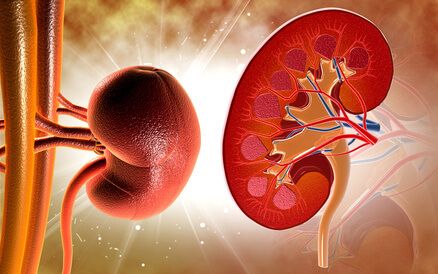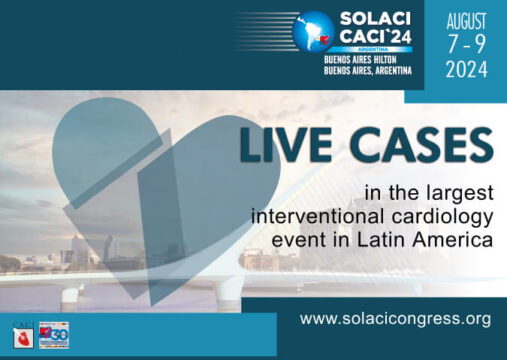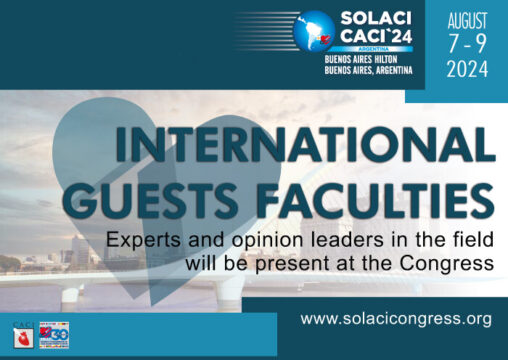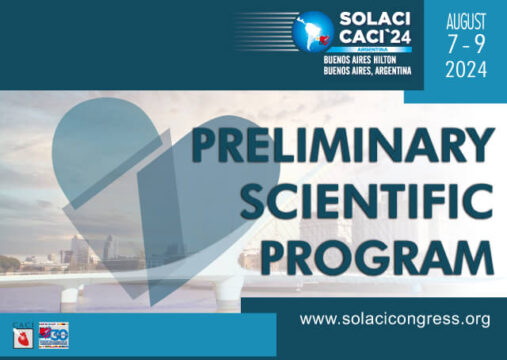Atrial fibrillation is a risk factor for dementia and anticoagulant agents have been proven to decrease it. This work aims to find differences in the risk of dementia between patients treated with traditional choice warfarin vs. different direct anticoagulants.

Between 2014 and 2017, this study enrolled 72,846 patients >40 years with nonvalvular atrial fibrillation who were anticoagulant agent naïve. The primary endpoint was the incidence of dementia.
Of all patients, 25,498 were treated with warfarin, while the remaining 46,898 received direct anticoagulants (17,193 for rivaroxaban, 9882 for dabigatran, 11,992 for apixaban, and 7831 for endoxaban).
After a follow-up period of 1.3 ± 1.1 years, a crude incidence of 4.87/100 patient-years (1.2/100 patient-years for vascular dementia and 3.3/100 patient-years for Alzheimer’s dementia) was observed.
Warfarin and the new anticoagulants had a comparable risk for both global dementia and vascular dementia or Alzheimer’s disease.
In a subgroup analysis, direct inhibitors showed lower risk of dementia than warfarin in patients aged 65 to 74 years (hazard ratio [HR]: 0.815. 95% confidence interval [CI]: 0.7 to 0.9), and in patients with prior stroke (HR: 0.891; 95% CI: 0.8 to 0.9).
Read also: AFIRE Trial: Atrial Fibrillation and PCI. What is the Ideal Therapy?
When comparing direct inhibitors individually to warfarin, endoxaban was the winner.
Conclusion
In this large cohort of patients with atrial fibrillation, direct inhibitors accounted for a similar risk level for dementia compared with classic treatment warfarin. The new drugs were superior in the subgroup of patients aged 65 to 74 and in patients with prior stroke.
Original Title: Comparing Warfarin and 4 Direct Oral Anticoagulants for the Risk of Dementia in Patients With Atrial Fibrillation.
Reference: So-Ryoung Lee et al. Stroke. 2021 Nov;52(11):3459-3468. doi: 10.1161/STROKEAHA.120.033338.
Subscribe to our weekly newsletter
Get the latest scientific articles on interventional cardiology





